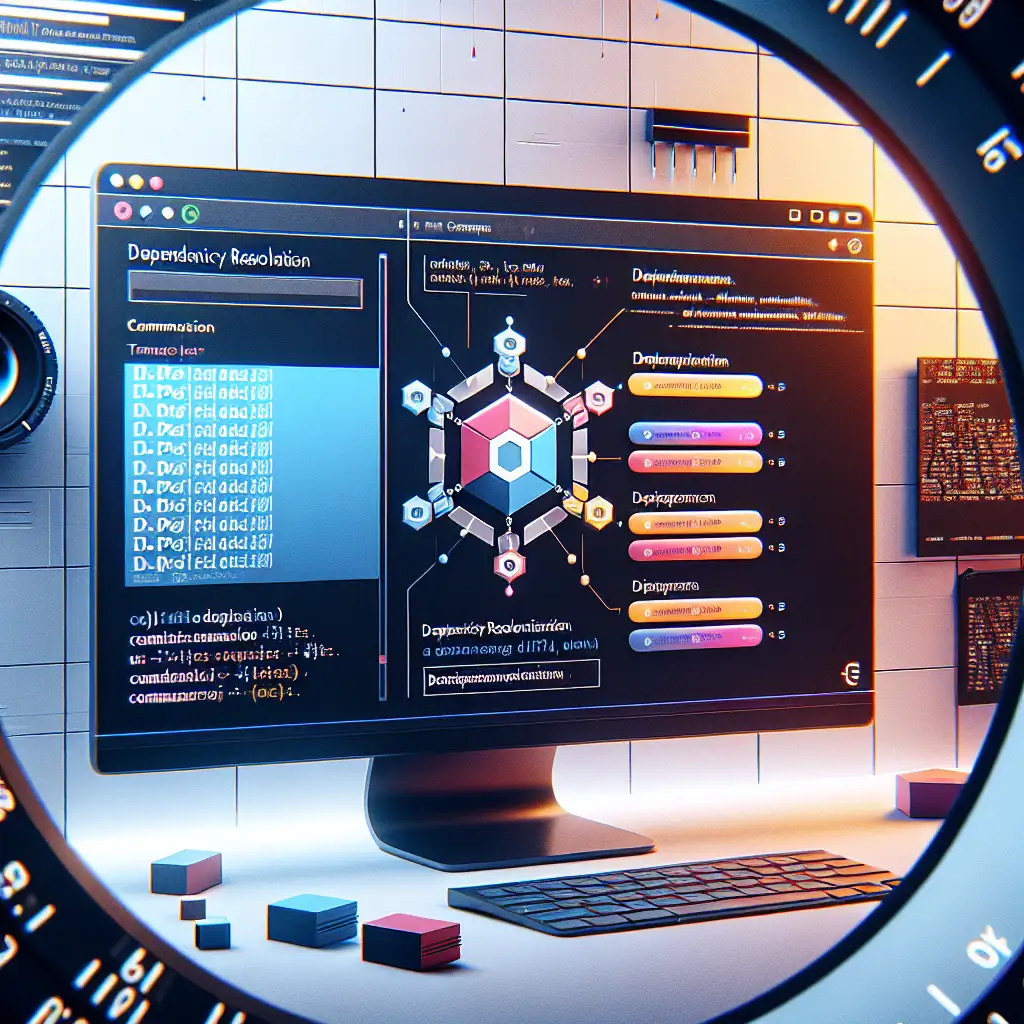Mastering Debian Package Installation: Practical Approaches and Dependency Management
Dropped into a newly provisioned server, you need to deploy a proprietary monitoring agent distributed only as a .deb file. You download it, run the install, and suddenly face unmet dependencies and a broken APT state. Sound familiar?
Installing Debian packages—especially from standalone .deb files—requires deliberate handling. It's not just about “dpkg -i” and moving on. Versions matter. So does the tool you choose. The section below covers how experienced engineers approach local package installation, dependency resolution, and, critically, how to avoid system state regression.
Why Proper .deb Installation Matters
Debian packages (.deb, formally ar archives) encapsulate compiled binaries, control scripts (postinst, prerm), dependency declarations, and metadata. Mishandling results in:
- Dependency loops: e.g., missing libssl (seen with 3rd-party software)
- Orphaned libraries: from forced installs
- Security gaps: when bypassing normal validation sources
- Upgrade headaches: manual installs break apt’s tracking
For DevOps and sysadmin workflows, consistent state and predictable upgrade paths are not optional.
Core Methods for Installing Local .deb Files
Note: All commands below assume Debian 11+, Ubuntu 20.04+, but principles apply across modern derivatives.
1. dpkg -i: The Blunt Instrument
Quick, but exposes raw edges:
sudo dpkg -i myagent_5.4.12_amd64.deb
Common result if dependencies not met:
dpkg: error processing package myagent (--install):
dependency 'libssl1.1' is not installed
Crucially, dpkg does not resolve transitive dependencies. After a failed dpkg -i, always follow with:
sudo apt-get install -f
This invokes apt to repair and fetch required packages based on the now partially installed state.
2. Apt's Built-in Local Install
On recent apt versions, use:
sudo apt install ./myagent_5.4.12_amd64.deb
The explicit ./ tells apt this is a local file (not a repo). Advantages over dpkg:
- Dependencies resolved up-front
- Package upgraded if already present
- Clean APT state preserved
For day-to-day sysadmin tasks, this is the safest approach. For instance, vendor installers often fail to document this, but apt handles even gnarly dependency graphs.
3. GDebi for Desktop Environments
Lightweight tool, useful if you want a GUI or a more graceful CLI fallback:
sudo apt install gdebi-core # if not already present
sudo gdebi myagent_5.4.12_amd64.deb
GDebi operates like apt: checks dependencies before processing.
Inspect Before Installing
Blindly installing third-party .deb files is a gamble. Always inspect:
-
List package contents:
dpkg-deb -c myagent_5.4.12_amd64.debLook for nonstandard file locations—no
/usr/local,/lib/systemd. -
Review control metadata:
dpkg-deb -I myagent_5.4.12_amd64.debVerify Maintainer, Version, and dependency fields. Especially relevant if overriding packages from distro repositories.
Gotcha: Some vendors quietly ship obsolete dependencies, e.g., referencing libssl1.0.0 or hardcoded python2 paths. Confirm before polluting your system with legacy libraries.
Advanced: Local Repositories for Fleet Management
When deploying .deb files to multiple servers, copying files isn't scalable. Create a local APT repository for versioned, controlled rollouts:
dpkg-scanpackages . /dev/null | gzip -9c > Packages.gz
Add a custom stanza in /etc/apt/sources.list:
deb [trusted=yes] file:/srv/myrepo ./
Note: Omit [trusted=yes] only if you provide GPG signing.
This transforms unmanaged local installs into standard apt operations: you can install, upgrade, and autoremove custom packages across a fleet predictably.
Removal and Cleanup
Package removal requires discipline to prevent configuration drift.
- Remove but keep configs:
sudo apt remove myagent - Purge configs and data:
sudo apt purge myagent - Reclaim orphaned dependencies:
sudo apt autoremove
Persistent fragments can cause systemd failures on upgrade—always verify with dpkg -l | grep myagent and clear residual files in /etc/ or /var/lib/ as required.
Side Notes and Non-Obvious Tips
- Direct extraction instead of install:
Usear x file.deb && tar xf data.tar.xzto unpack contents without affecting system state—useful for forensic analysis or sandboxed runs. - Downgrade constraints:
Installing an older.debover a newer repo version may fail. Usesudo dpkg -i --force-downgrade ...with caution, but expect apt warnings and possible breakage on updates. - Mutable install scripts:
Postinst scripts may start background services. Inspect carefully if deploying to prod.
Practical Reference Table
| Use Case | Recommended Approach | Trade-offs / Notes |
|---|---|---|
Routine .deb install w/ dependencies | apt install ./file.deb | Clean, supports upgrades, handles deps |
| GUI or advanced inspection | gdebi file.deb, dpkg-deb -I | GDebi sometimes out-of-date; always verify logs |
| Bulk deployment | Local repo via dpkg-scanpackages | Enables version pinning, rollback, APT controls |
| Forensics or non-root inspection | ar x/tar xf data.tar.xz | No install or side effects |
| Manual, forced install | dpkg -i, then apt-get install -f | Can leave system inconsistent if not repaired |
Conclusion
Good package management is invisible until it goes wrong. For bespoke .deb files, always prefer apt install ./file.deb for automatic dependency resolution and consistent system state. For any deviation—legacy dependencies, local scripts, or bulk deployment—inspect first and never trust upstream defaults blindly.
Known issue: some third-party .deb files remain incompatible with current base libraries. In these cases, containerize or isolate the workload; don't poison your core OS.
There’s no universal install command. Choose the method that aligns with your deployment model and maintenance expectations. If in doubt, build a local repository and automate.
